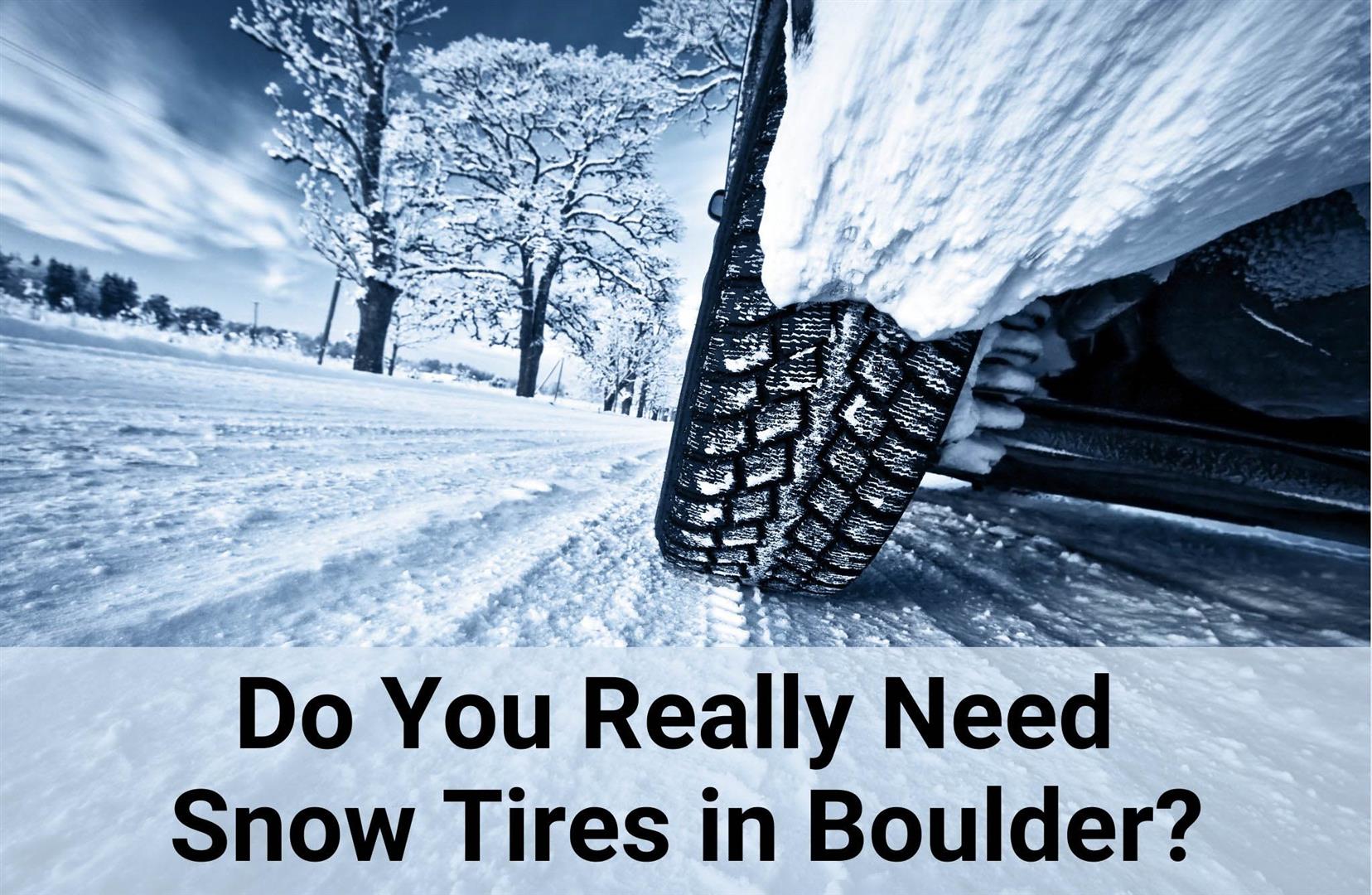Posted on 1/29/2024

That dreaded moment when your vehicle's check engine light comes on can be quite a cause for concern. For many drivers, the sight of that ominous light prompts a series of questions: What’s wrong with my car? Is a breakdown imminent? Can I keep driving it? In this article, we'll delve into the reasons behind the check engine light activation and explore what to do when it does. Understanding the Check Engine Light The check engine light is a part of your car's onboard diagnostics system (OBD-II) designed to monitor and identify issues related to the vehicle's engine, transmission, or emission control systems. When a problem is detected, the light is triggered to alert the driver that something requires attention. Some Common Reasons Your Check Engine Light Comes On Faulty Oxygen Sensor Oxygen sensors monitor the level of oxygen in the exhaust gasses. A malfunctioning sensor can lead to reduced fuel efficiency and increased emissi ... read more
Posted on 1/22/2024

When a car won’t start, it’s common to jump to the conclusion that the battery is bad. But the battery is far from the only thing that will prevent a car from starting. Often the culprit is the alternator. The alternator plays a crucial role in your vehicle’s charging system. It is responsible for charging the battery and powering the electrical systems while the engine is running. A malfunctioning alternator can lead to various issues. So how do you know if it’s the alternator that’s at fault? Here are some of the most common signs and what to do about it: Dimming Headlights and Electrical Issues One of the most common signs of a failing alternator is dimming headlights. If you notice your headlights becoming noticeably dimmer while driving, it could be a clear indicator that the alternator is not generating enough power. Additionally, you might experience flickering dashboard lights or other electrical anomalies ... read more
Posted on 1/15/2024

We've all been there – you hop in your car, turn the key, and nothing happens. The frustration sets in as you ponder, "Why won't my car start?" A non-starting car can be a perplexing issue, but fear not, as we delve into some common reasons behind this problem and explore potential solutions. 1. Dead Battery One of the most frequent culprits for a non-starting car is a dead battery. Over time, batteries wear out, lose charge, or may be drained due to lights left on. Signs that you may have a worn out battery: Slow engine cranking Dim interior lights and/or headlights Illuminated check battery or check engine light Solution: Jump-start your car using jumper cables and a functioning vehicle, and bring it to a trusted auto repair shop to diagnose. Although a worn out battery is one of the most common reasons a car won’t start, without properly diagnosing your charging system, you may be spending money needlessly replacing a perfectly goo ... read more
Posted on 11/9/2023

Making the decision to invest in snow tires depends on a few things including where you live, the type of vehicle you drive, if you’ll be frequenting the mountains, and your experience with driving in snow and ice. Many Boulder residents choose to use all-season tires year-round. Those who live in the foothills, or enjoy trips to the mountains often switch to snow tires during the winter months for added safety. Snow tires provide better traction in snow, on ice and in cold temperatures than all-season or summer tires. Vehicle Type While AWD and 4WD on a vehicle can help you in snow drifts, your drivetrain alone won’t do much to keep you from sliding on ice. Your best protection against ice is snow tires or even studded snow tires, if you’ll be doing a lot of mountain driving. In FWD vehicles, the power from the engine goes to the front wheels. Snow tires on the front wheels provide extra grip which can improve sta ... read more
Posted on 12/6/2016

When school is out for the summer, road trips are a great way to have the family close together, and have fun. Before you head out on your road trip, there are some items that you must take care of. Making sure your car is ready for a road trip is a great way to protect your family and make your trip a huge success. Below you will find a list of items to take care of in your preparation for your road trip before you leave. 1. Schedule a checkup: have a mechanic check out your car just to make sure everything is working the way it should. 2. Stay charged: check to make sure your battery is fully charged, and not losing power. Also, clean your battery terminals to make sure the connection is good. 3. Read the rubber: inspect your tires for any tears in the side wall. The tires should have a go ... read more